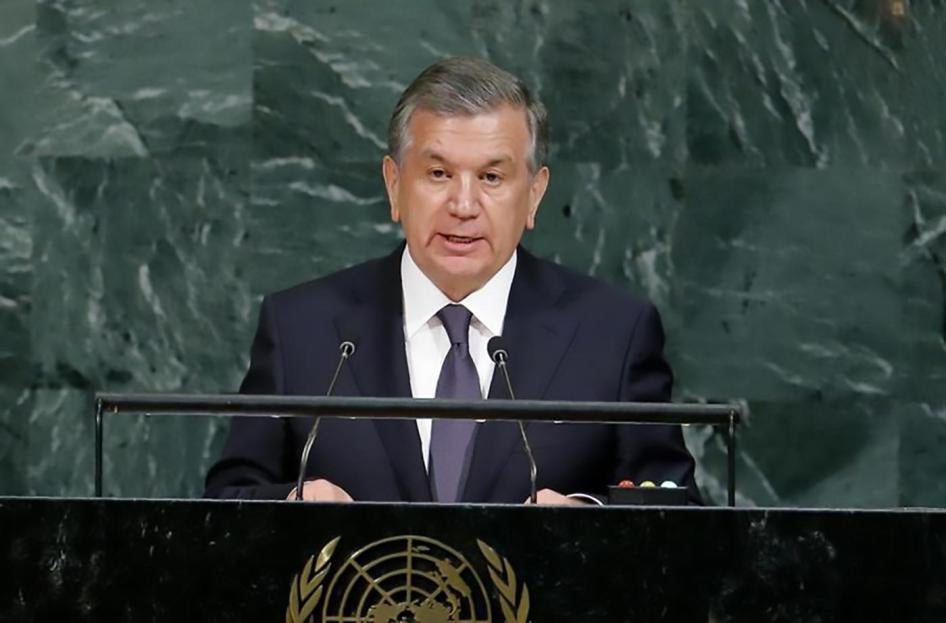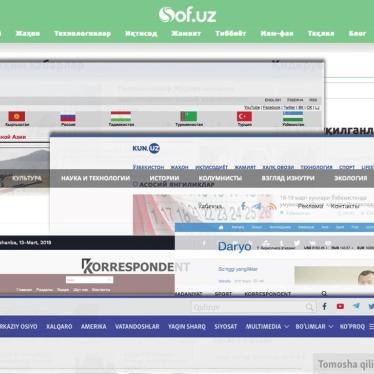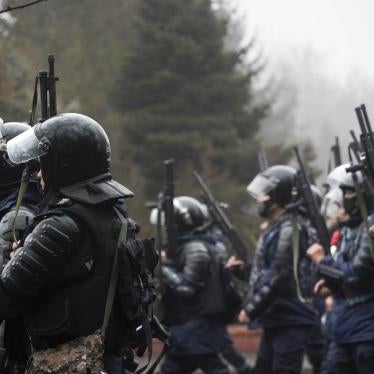At least 18 people died and over 240 were injured during recent unrest in Uzbekistan’s autonomous region of Karakalpakstan, in the worst such violence in the Central Asian country for many years. Uzbek authorities’ handling of the aftermath of the unrest will be a crucial test of whether the government of president Shavkat Mirziyoyev has turned a page and truly intends to respect human rights and the rule of law.
Protests started on 1 July in Nukus, the regional capital of Karakalpakstan, and other cities. They were in response to government plans to change the constitution of Uzbekistan and remove the right of the region to seek independence, should its citizens choose to do so in a referendum. Following the protests, President Mirziyoyev said the proposed changes would be withdrawn.
The circumstances surrounding the violent clashes remain unclear, in part because Uzbek authorities have suspended internet connections in the region. In addition, there are reports that journalists covering the events have been detained and harassed.
A state of emergency, including a curfew, has been imposed across Karakalpakstan region, which covers one-third of Uzbekistan.
Uzbekistan has for decades been a highly authoritarian country with scant respect for human rights. When president Mirziyoyev came to power in 2016, he took some steps to improve human rights, releasing some political prisoners and ending the systematic use of forced labor in cotton harvesting. However, there remains no independent judiciary and torture by security forces remains widespread, with abuses by security forces rarely being effectively investigated.
The unrest in Karakalpakstan arguably poses the biggest test yet for president Mirziyoyev, especially as Uzbekistan’s international partners will be watching closely. The European Union has called for an “open and independent investigation” into events in the region and for restraint to be shown by the authorities and others.
Internet restrictions should be lifted immediately and harassment of reporters must stop. Any state of emergency should include clear justifications for the restriction of specific rights and be temporary in nature. Some rights, such as the ban of torture, cannot be restricted even in times of emergency.
The initial response of authorities to focus on actions by protesters rather than also on those of security forces is worrying. But the government still has an opportunity to show it can break with its past and adopt an approach that respects human rights.










